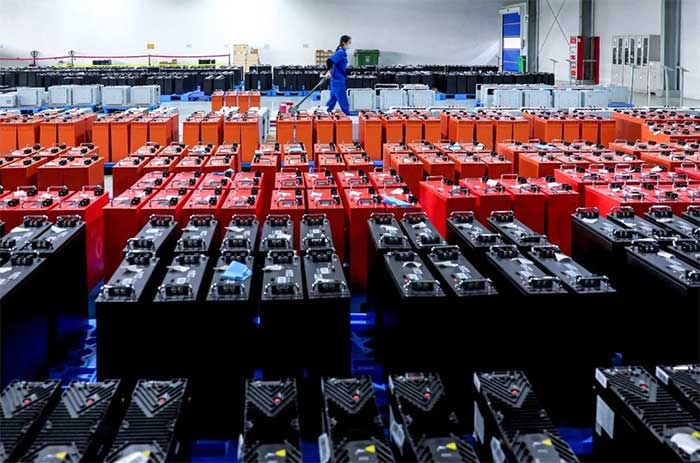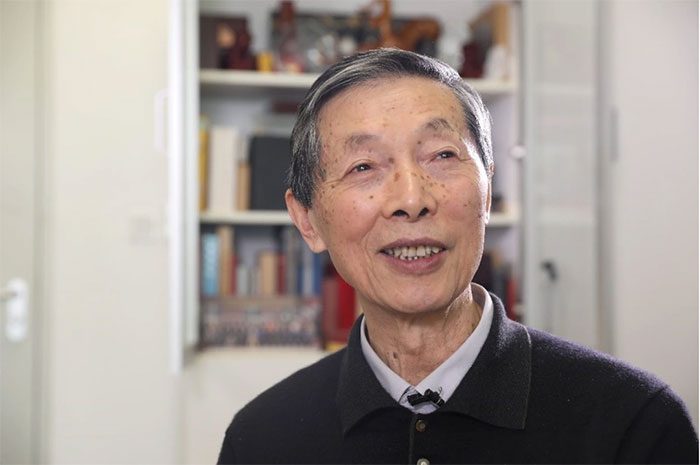A new approach by a research team from China has broken the cost barrier while maintaining performance for lithium batteries.
Why Are Solid-State Batteries the Future of the Electric Vehicle Industry?
Chinese scientists recently announced that they have successfully developed a solid-state lithium battery that can match the performance of other candidates for next-generation battery technology, but at a cost that is 10% lower.

Major corporations worldwide are racing to obtain battery technology that will transform the electric vehicle industry (Photo: AFP).
This move brings China one step closer to its ambition of becoming the first country to provide what many consider to be the future of rechargeable battery technology, with the potential to revolutionize the electric vehicle industry.
Despite significant advancements, the size, weight, and potential fire hazards of lithium batteries have prevented them from meeting the global electric vehicle industry’s requirements.
Replacing the liquid electrolyte in conventional lithium batteries with a solid-state material promises faster charging times, better performance, and improved safety standards.
However, barriers such as production costs and the rarity of materials have created a global race to find a commercially viable solution.
Researchers from the University of Science and Technology of China (USTC) in Anhui Province, Southeast China, have developed a solid electrolyte with great potential for commercial applications.
According to a paper published on June 30 by the German Chemical Society, one of the world’s leading chemistry journals, the research team has adopted a new approach to a problem that has plagued scientists for over a decade: cost.
Chinese Scientists Solve the Tough Battery Problem

Chen Liquan, known as the “father of lithium batteries in China.” (Photo: SCMP).
It is known that major players in the electronics industry, including Toyota (Japan) and Samsung (South Korea), have made significant investments in research and development of suitable solid electrolytes, focusing on three main component groups: oxides, sulfides, and chlorides.
According to Chen Liquan, referred to as the “father of lithium batteries in China.”, to be marketable, solid-state battery electrolytes must have a production cost below $50/kg. This presents a significant challenge, as conventional sulfide electrolytes alone have production costs exceeding $195/kg.
To overcome this challenge, Ma Cheng, the research team leader from USTC, began developing a new solid sulfide electrolyte called LPSO, which does not require lithium sulfide as a raw material.
Thus, LPSO is synthesized from two low-cost compounds, with a component cost of only $14.42/kg—less than 8% of the raw material cost of other solid sulfide electrolytes.
Researchers state that reducing production costs does not compromise the unique advantages that current solid sulfide electrolytes can offer, including compatibility, performance stability, and safety in use.
In a practical test, LPSO used in an electric bicycle maintained over 4,200 hours of stable operation at room temperature.
In an interview with Science and Technology Daily, Ma Cheng expressed optimism that LPSO is expected to achieve further performance improvements, paving the way for a new future for the electric vehicle industry.


















































